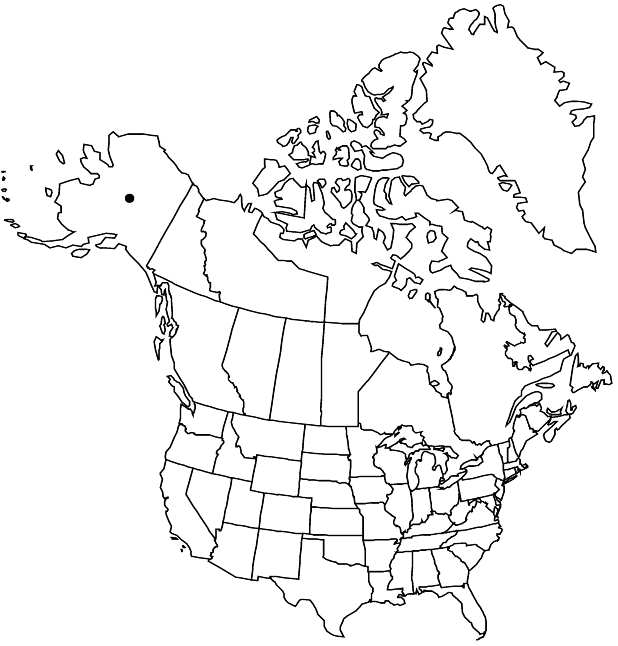familyPrimulaceae
genusPrimula
speciesPrimula cuneifolia
subspeciesPrimula cuneifolia subsp. cuneifolia
Difference between revisions of "Primula cuneifolia subsp. cuneifolia"
Synonyms: Primula cuneifolia var. dubyi Pax Primula cuneifolia var. elongata E. A. Busch
FNA>Volume Importer |
imported>Volume Importer |
||
| (One intermediate revision by the same user not shown) | |||
| Line 50: | Line 50: | ||
|publication year= | |publication year= | ||
|special status= | |special status= | ||
| − | |source xml=https:// | + | |source xml=https://bitbucket.org/aafc-mbb/fna-data-curation/src/2e0870ddd59836b60bcf96646a41e87ea5a5943a/coarse_grained_fna_xml/V8/V8_593.xml |
|genus=Primula | |genus=Primula | ||
|species=Primula cuneifolia | |species=Primula cuneifolia | ||
Latest revision as of 22:44, 5 November 2020
Plants 8–15 cm, (elongating in fruit). Leaf blades 3–6 × 0.8–1 cm. Inflorescences 3–9-flowered. Flowers heterostylous; corolla lobes 12–25 mm. 2n = 22.
Phenology: Flowering summer.
Habitat: Moist meadows on acidic bedrock
Elevation: 0-100 m
Discussion
Subspecies cuneifolia is generally taller and more robust than subsp. saxifragifolia. It is known in Alaska from the outermost Aleutian Islands of Attu and Agattu; in Asia it occurs south through the Pacific Rim to the northern Japanese Islands. This subspecies predominates in Asia; the homostylous one occurs there only as rare outliers. The situation is reversed in Alaska, where the homostylous taxon is geographically widespread as far south as Vancouver Island.
Selected References
None.
Lower Taxa
None.
